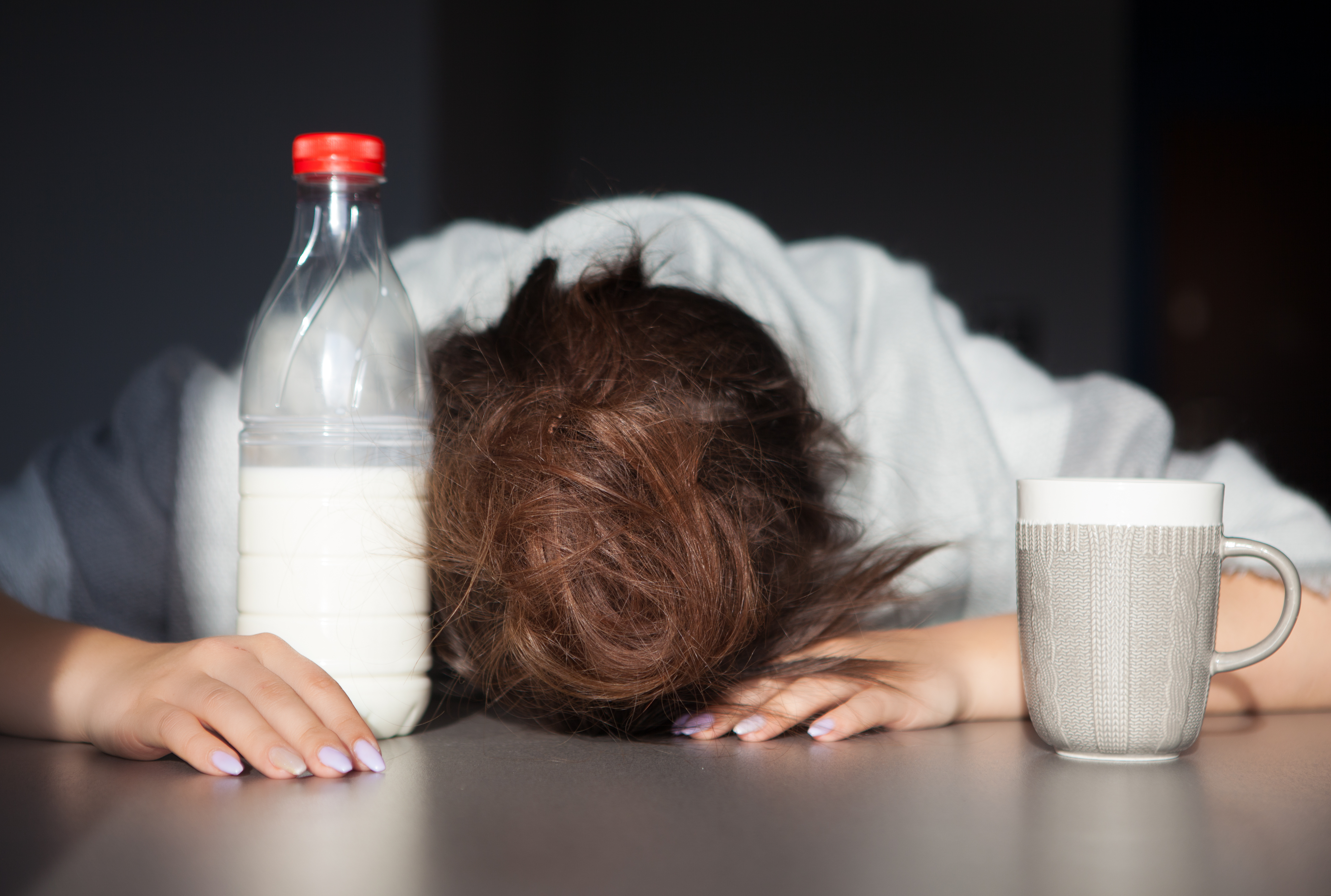Blog
Quick tips for managing a sugar hangover

Went overboard on the sweet stuff? Lose the guilts and help your body through the post-sugar slam!
While we aren’t advocating that doing the below negates a regular sugar binge, for the occasion it does happen (think the festive season!), know that your body can survive this and you can help it manage the overload.
Choose water over sugary drinks and stimulants
Your body (and liver, in particular) will be working hard to contend with all that sweet, so consider limiting stimulants such as coffee or other caffeinated beverages, as these place an additional load on the liver’s detoxification process. Instead, nourish vital organs with plenty of H2O to help them undertake their roles to clear the body of any toxins.
Choose colours over beige
Heavily processed white foods such as pastries and highly refined white flours can elicit a similar biochemical reaction in the body as added sugar. So leave these alone and opt for colourful, non-starchy vegetables as these are packed with nutrients and anti-inflammatory properties that help your body function optimally.
Choose movement over sitting
Encourage blood flow and a mood boost by getting out for a walk, swim, or any other form of movement you prefer. This is a particularly helpful tactic to tackle an emerging sugar craving.
There is also the added bonus for reducing stress levels, as well as improved insulin sensitivity to deal with that sugar in your blood – exercise encourages glucose to be moved into muscle cells for storage and use.1-3
Choose de-stressing over stress
Stress can be useful in short spurts (when you are running away from a saber-toothed tiger, for example). But on-going, the hormones produced when stressed can take a toll on the body’s organs and function.
And sugar does not help the situation. Smashing too much sweet stuff will result in a blood sugar rollercoaster and a consequent reaction of additional stress hormone production.
Find ways to clear the mind that feel good for you, such as connecting with nature, going for a walk, or taking several deep, diaphragmatic breaths.
Choose real, whole foods over processed foods
Junk and ultra-processed foods can burden the body unnecessarily when it is trying to recover from an onslaught of added or free sugar. Choose real, whole foods instead, and include good sources of protein, healthy fats, and fibre, especially at breakfast. Think fish, eggs, and nuts; avocado, olives and seeds; and a variety of vegetables and legumes.
Choose naturally sweet over added and free sugars
While a little added sugar is okay for most – up to 6 teaspoons (25g) per day4 – give your body a rest from the sweetened stuff, especially sugary drinks, following a sugar binge.
Instead, choose real, whole foods for your naturally sweet fix. Think seasonal whole fruit, vegetables such as sweet potato, and using spices such as cinnamon and vanilla.
By Angela Johnson (BHSc Nut. Med)
References:
- American Diabetes Association 2017, Blood Glucose and Exercise, viewed 6 November 2018, <http://www.diabetes.org/food-and-fitness/fitness/get-started-safely/blood-glucose-control-and-exercise.html>
- Magkos, F et. al 2008, ‘Improved insulin sensitivity after a single bout of exercise is curvilinearly related to exercise energy expenditure’, Clinical Science, vol. 114, no. 1, pp. 59-64.
- Better Health Victoria 2016, Exercise and depression, viewed 19 June 2017, <https://www.betterhealth.vic.gov.au/health/conditionsandtreatments/depression-and-exercise>
- World Health Organization 2015, Guideline: Sugars intake for adults and children, viewed 23 August 2017, <http://apps.who.int/iris/bitstream/10665/149782/1/9789241549028_eng.pdf?ua=1>











